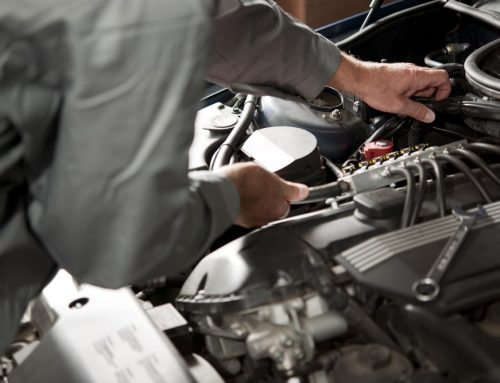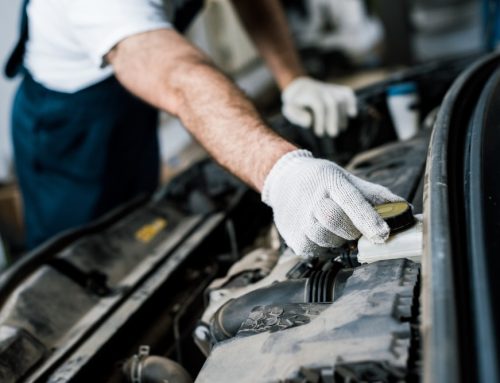The average American commuter spends roughly 50 hours in traffic. A study showed that commuters lose about 42 hours of their life every year just by sitting in traffic. However the drivers are not the only ones that are affected. Traffic congestion can also takes a toll on your car.
The effects of traffic jams to your car emanates from a stop and go created that results in significant wear and tear. The most significant issue is how much you hit the brakes rather than idling.
Hitting the brakes repeatedly has the following impacts:
1. Gas Wastage:
Your brakes need the energy to function. When in a traffic jam, you have to balance braking and getting you’re the car up to speed. Even though your car is moving, you are using a lot of gas as compared to when the vehicle is idling. Nationwide, traffic wastes approximately 3 billion gallons of fuel.
2. Wears Out Brakes:
Worn out brakes is also one of the effects that can happen to your car when being stuck in traffic congestion. Keep in mind that you’re going 10 miles per hour down to nothing repeatedly and that wears out a lot of stuff. Also if you’re having to be on brakes a lot, expect pads and other parts of the braking system to wear out. Some common signs that your brakes need replacement include:
- Car is pulling to one side when stopping
- The brake pedal feels different– typically softer and is sinking to the floor
- The steering wheel is shaking when you are stopped
- The vehicle starts to shake when stopped
- Car squeals when stopping
3. Fluids:
Unlike oil and coolants, brake fluid neither gets dirty nor evaporates. However, depending on your climate, it can absorb moisture, lowering boiling temperature. When this occurs, fluid effectiveness reduces, and that could damage your braking system. You will want to consult with experts to have your brake fluids inspected regularly.
Coolant evaporation and oil getting dirty are also some traffic jam effects. Schedule regular inspection with your mechanic to ensure your vehicle performs seamlessly. Common five fluids to check regularly include:
- Engine oil
- Transmission fluid
- Coolant
- Brake fluid
- Power steering fluid
It’s worth noting that most fluids require a specialists to replace. Manufacturers also recommend specific fluids on their cars. It’s wise to consult automobile dealers or certified technicians before changing any fluid.
4. Drive Belt:
Drive belt also referred to the as serpentine belt is located on a car engine and works with pulleys, idler, and tensioner inside drive belt system accessory. It’s a critical component that provides power for AC, power steering, alternator and even water pump for the cooling system.
Generally, drive belts last for five years or approximately 50,000 miles without hitches. However, over time, the belt fails because of the intense heat and friction experienced every day on the road. Traffic jams may contribute significantly to this kind of wear and tear. If you suspect your drive belt is failing, look for these signs:
- Squealing sound or noise from your car front
- Malfunctioned AC and power steering
- Overheating engine
- Wear and cracks on the belt
If your European vehicle requires service, schedule an appointment with our technicians today and let us address your issues immediately! Foreign Affairs is located at 1681 N Military Trail, West Palm Beach, FL 33409.




